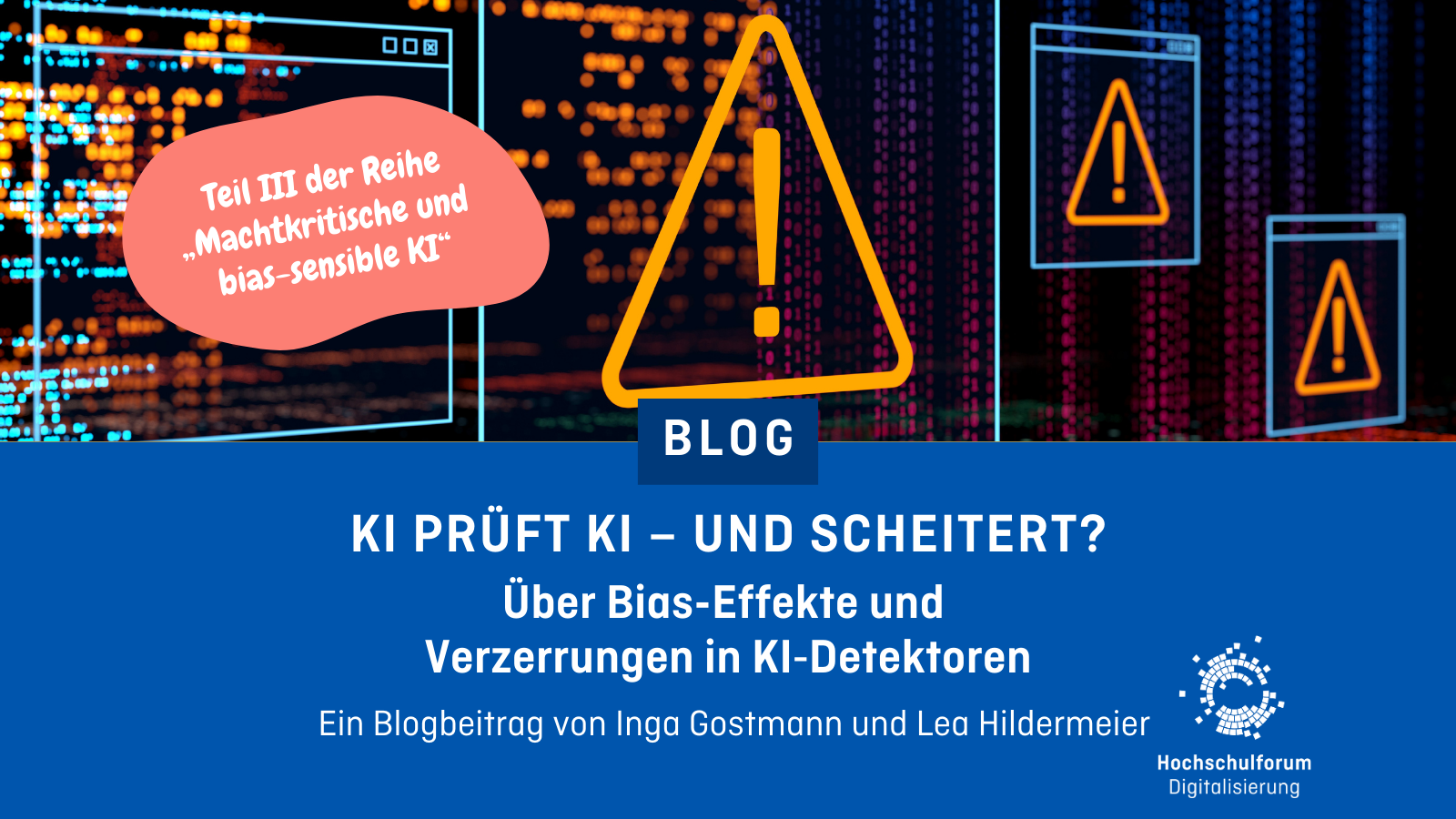An Appeal for the Labour Market Science – A Guest Article by Michael Jäckel
An Appeal for the Labour Market Science – A Guest Article by Michael Jäckel
22.07.19
Prof. Dr. Michael Jäckel explains his comments on the recommendation paper of the Council for Information Infrastructures (RfII) “Digital competences – urgently needed! Recommendations on career and training prospects for the science labour market“. A guest article.
This article was automatically translated using DeepL Translator. Please excuse any errors.
![Social physics or the conversion of analog to digital? Photo: [https://unsplash.com/photos/4_hFxTsmaO4 Sharon Pittaway] Computer or city?](/sites/default/files/images/blog/laura-ockel-pGVr8YRtQ80-unsplash_0.jpg)
“Every new Silicon Valley output […] is an event of social physics.” With these words Frank Schirrmacher in 2013 pointedly described a process that actually takes a long time, i.e. is much more than an event or a temporary phenomenon. Social physics is actually a 19th-century concept that, in short, combined scientific thinking with ideas of order and progress in society. Today, digitalization also means more than a process of converting the analog into the digital, but rather a blueprint “for the whole way of life”. In other words: People who talk about digitization dance at a well-attended wedding.
Everything that concerns the provision of information, the communication between a few or many, the search in and archiving of databases: it is still reading and viewing and hearing, but at the same time it is also more than something else that feels like something else. Today, those who search expect diversity; those who read experience the challenge of concentration; those who archive realize how important new classification systems are. As far as society as a whole and its constantly striving for new records in communication are concerned, the world of science is at its core.![Science observes it itself. Photo: [https://unsplash.com/photos/4_hFxTsmaO4_hFxTsmaO4 Sharon Pittaway] From the Inside or the outside?](/sites/default/files/images/blog/sharon-pittaway-4_hFxTsmaO4-unsplash_0.jpg)
The Science Year 2018 was dedicated to the theme of “Workplaces of the Future”. Science itself prefers – not only on such occasions – to look at change outside its own walls. Because science has always claimed a special freedom to work and has practiced a sober view of “the world outside” from this distance. The new recommendation paper of the Council for Information Infrastructures, “Digital Competences – Urgently Wanted”, now goes specifically into this inner space of science, and does not, however, address this privilege of freedom of research and teaching, but rather challenges that increasingly accompany the so important goal of progress in knowledge. The focus is on the systemic view combined with a concentration on the higher education sector, which is not unrivalled in the labour market of science. There is the business sector with entrepreneurial research and development, and there is the large area of non-university public and private research institutions.
Systemic in this context means above all to bring more order to the many appeals derived from the insight that digitisation is also changing the sciences. It does not correspond to an island on which one can occasionally linger – also in the sense of a selective commitment – it stands for processes that exert a pull on familiar practices. Those who mistrust these processes still hope for the power of an analogous second or old world. But neither the chaos caused by a defective traffic control system nor the queue in front of the faulty scanner of a canteen cash register lead to the renunciation of this control. It grows out and in its mistakes.
It is well known that buzzwords dominate the discussion here. But science has also recognised that it is useful from the outset to use the development of competence within one’s own ranks as an opportunity. This begins with the question of what must be part of scientific propaedeutics today. Because the techniques of scientific work also have a lot to do with the different reading, listening and searching that was mentioned at the beginning. To ensure good scientific practice, it is necessary to impart skills that emerge from the highly data-driven research process, even to those who will not later work in science. Funding programmes, e.g. in the area of “data literacy”, are intended to train a good eye and reliable judgement, and this already in a phase that prepares for any permanent scientific work. For the existing staff, it is important to create needs-oriented and, above all, scientifically appropriate qualification offers. As far as the development of competencies is concerned, the RfII advises the bundling of forces within science – common personnel development interests must outweigh the intra-scientific competition between the locations.
The disciplines themselves are experiencing change with the challenges that new technologies create, but also with the opportunities that they provide as observation and analysis instruments. Additions such as “digital” to established disciplines may still be classified here and there as a fashion phenomenon, but they also signal a shift of attention to new fields of research. We know that there can be very different things represented in “data science”, we see a largely relaxed adaptation of new processes in many disciplines – not just natural sciences – and we know the controversies surrounding the goal of “digital” or “computational sociology”, “digital humanities” or “digital history”. We register that in discussions about artificial intelligence the euphoric look-ahead exists as well as the reference to a very long tradition of this field of research. As a result, there is much that is reminiscent of an observation by Andrew Abbott, who in his book “The System of Professions” in 1988 advocated the thesis that in the case of professions it is not only – which is obvious – about competences, but also about responsibilities. In a summary of this book Jürgen Kaube wrote: “[…] that one can only write the history of a job description if one includes the history of the neighbouring occupations”. This observation can also easily be applied to the changes in the fields of higher education, triggered by new opportunities and new expectations. The new needs make it clear that we cannot do without new competences.
The history of the recommendation paper includes a detailed review of exemplary solutions, which includes the study and qualification phase as well as further education and training opportunities. This essentially concerns academic teaching and the question of what should be included in it in the future. There have also been numerous discussions with new players who have established new organisational models and/or service facilities at various levels (local, regional, national). What these initiatives have in common is the insight that new forms of division of labour are becoming indispensable in science itself. Research funding, too, has long recognised this necessity and is preparing instruments that can meet the special challenges of science in the digital age.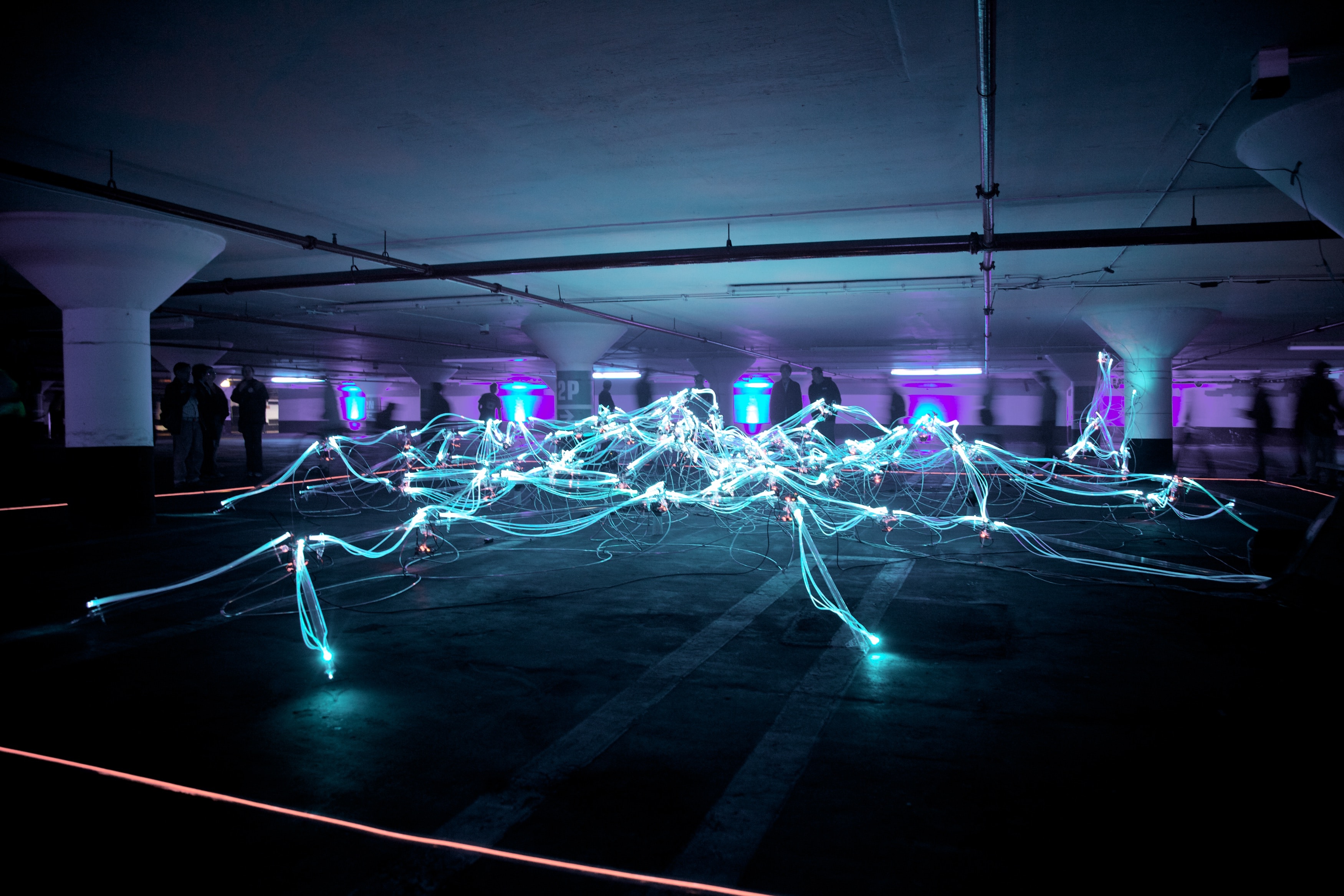
What kind of specialisation and what form of interdisciplinarity will result in this still somewhat confusing mixture should not simply be described as “diversity”. In the future, scientific work will include the addition of a spectrum of very science-related services to the purely technical expertise along the entire process. The recommendation paper therefore no longer speaks in simplified terms of scientific and non-scientific personnel, but of task groups that require research or subject-related expertise. Which “job title” these new fields of work will ultimately receive will then be decided in the creative competition. This also applies to new occupational fields in libraries and (formerly) computer centres. In its recommendations, the Council therefore goes beyond the anchoring of digital competences in curricula, training programmes and qualification alliances. It takes collective bargaining and labour law into account and calls for comprehensive, science-specific collective bargaining regulations, above all more flexibility, in order to be able to map research-related service personnel in a more differentiated way. This wish is also based on the experience that the special feature of being allowed to work at a university has apparently lost its significance as an incentive. Here the systemic view tells us that reputation gains are also urgently needed. The paper therefore also asks what science as a whole is worth to us.

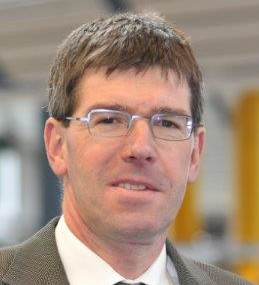
 Kim Althoff
Kim Althoff 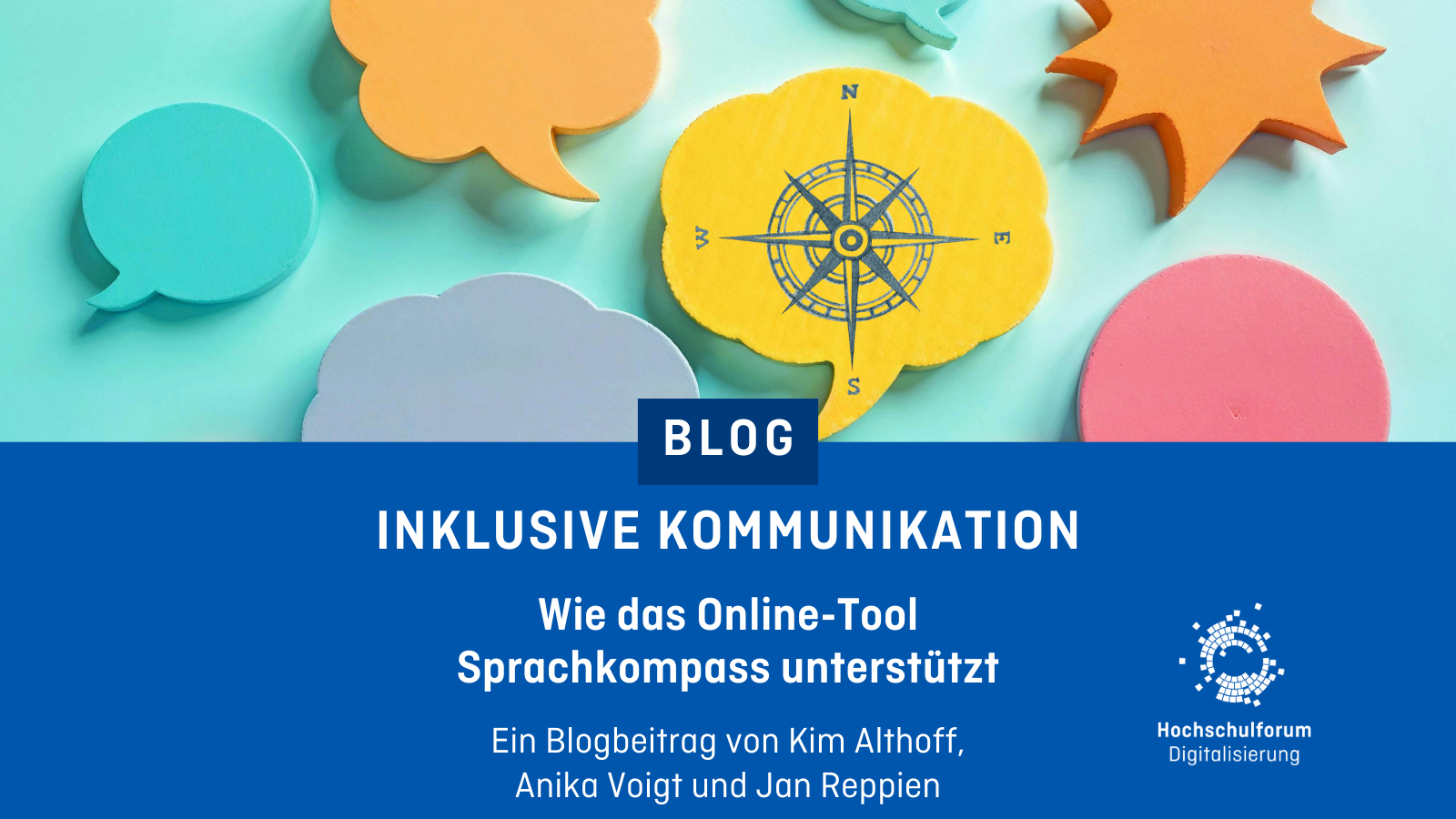
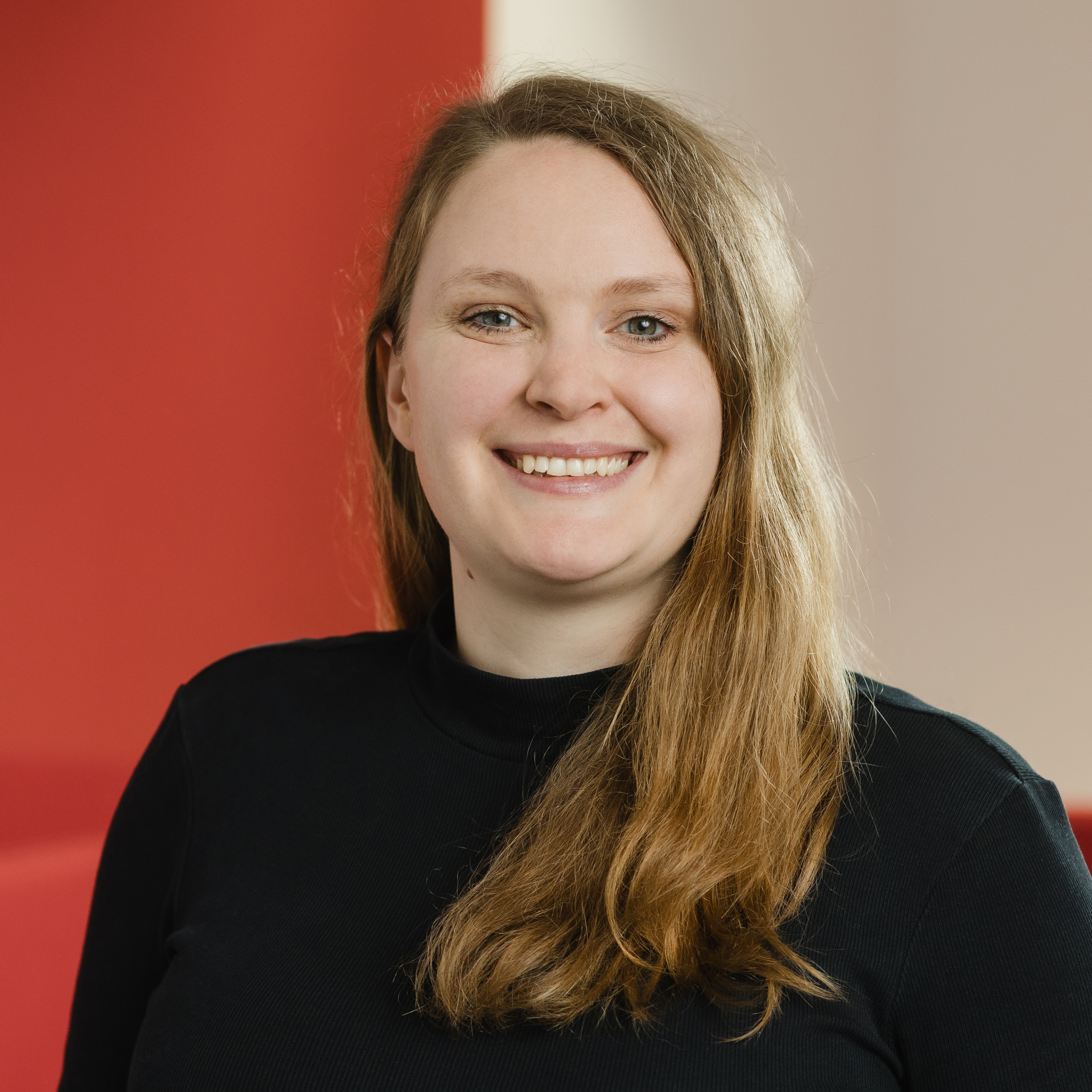 Theresa Sommer
Theresa Sommer 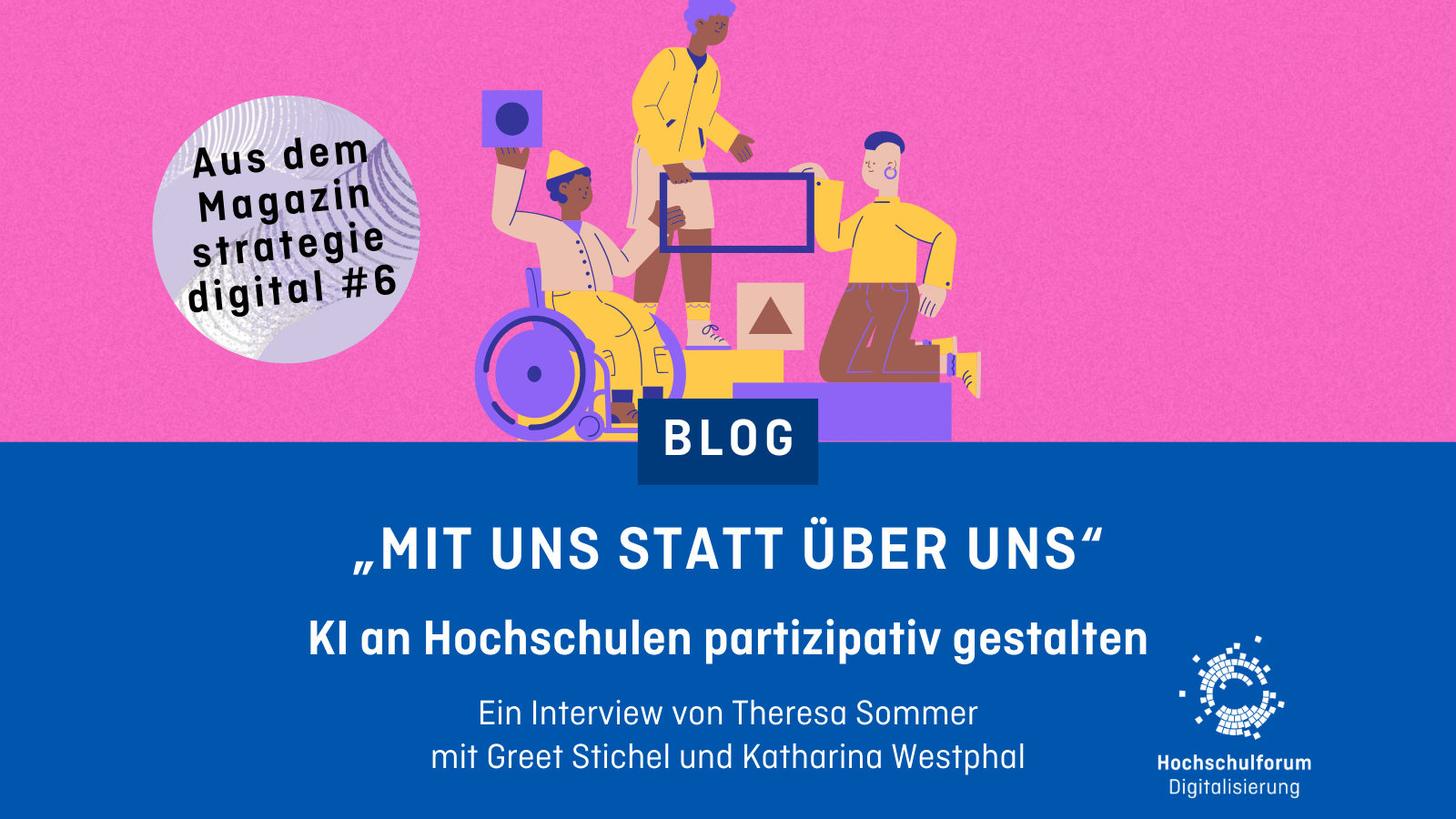
 Inga Gostmann
Inga Gostmann 